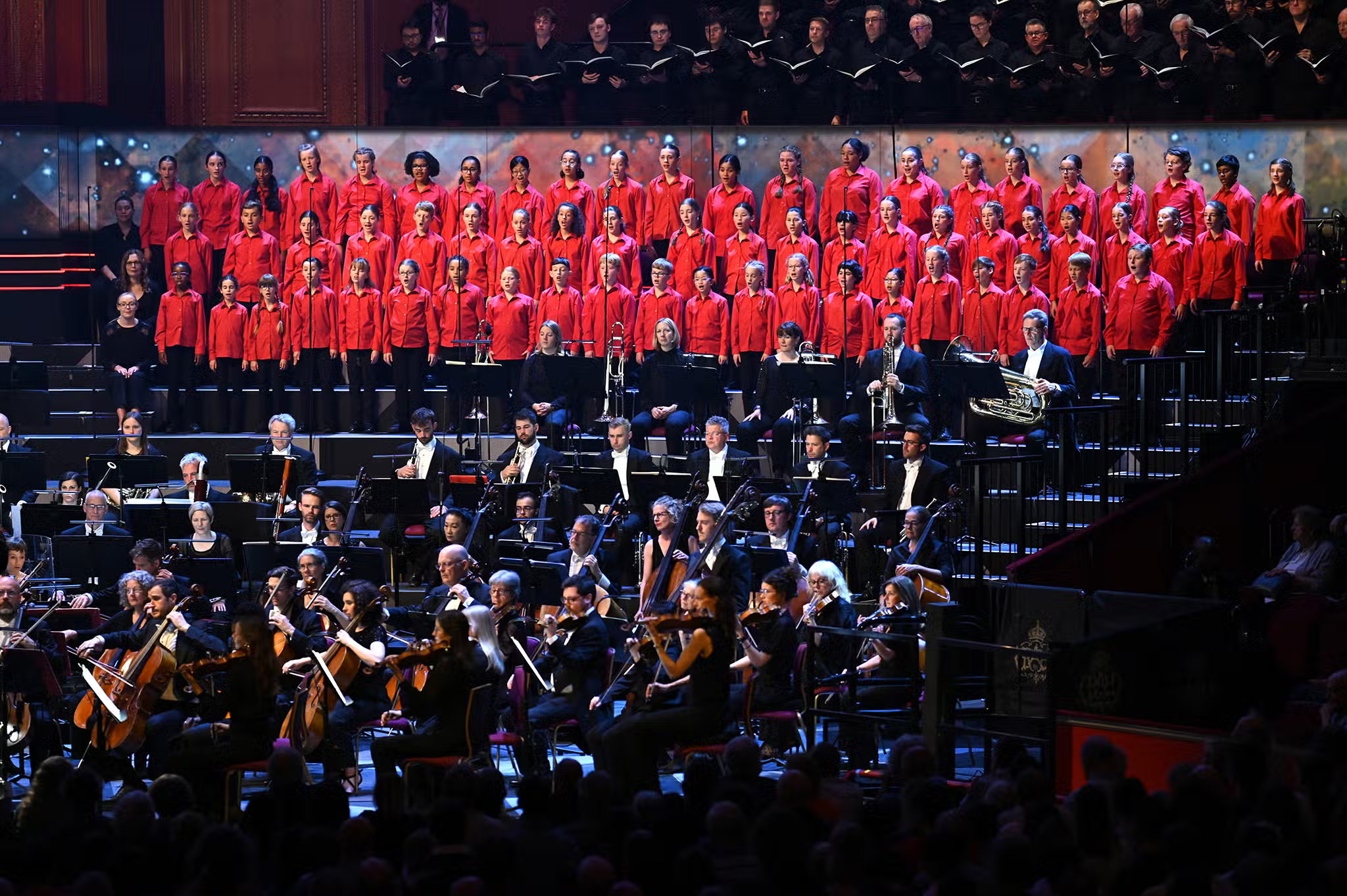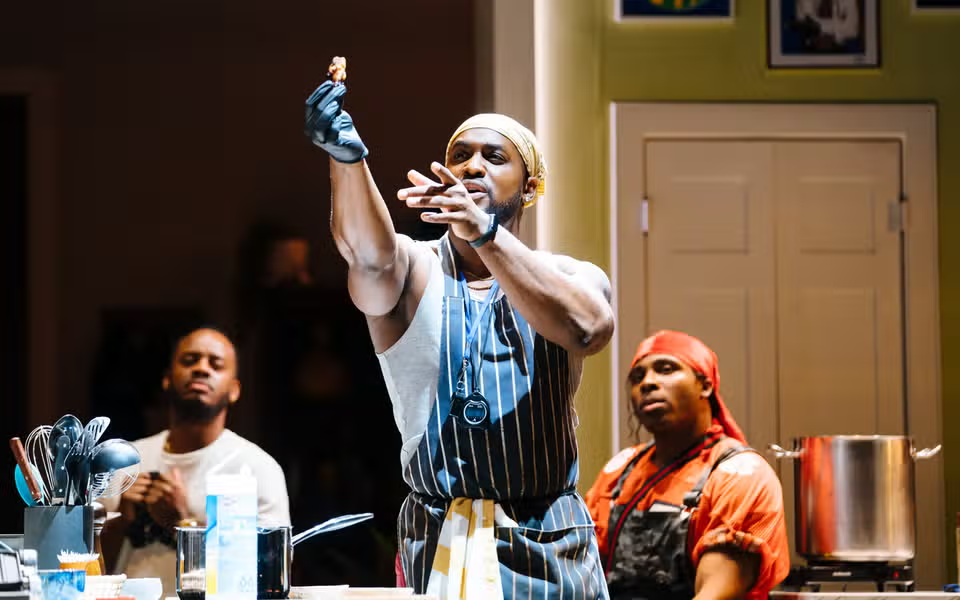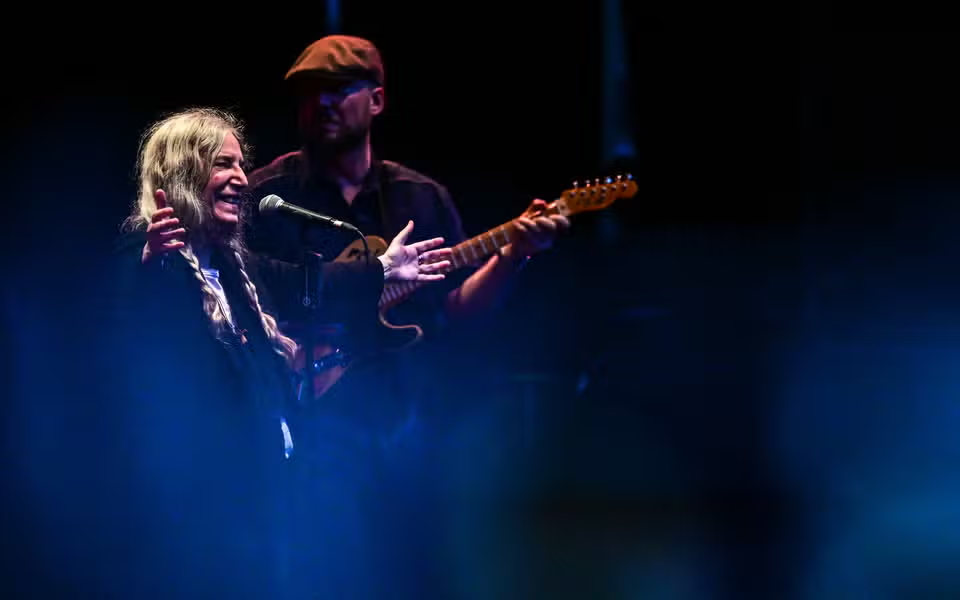London has so many orchestras that there’s little room for orchestras from elsewhere in the UK. The BBC Proms (which kicked off its 2024 season over the weekend) filled in one of the gaps on Sunday, welcoming the Hallé from Manchester.
The conductor was Mark Elder, who is drawing to the end of his remarkable 24-year spell as the orchestra’s music director. When he took up the post, there were some who thought, condescendingly, that the Hallé was just a little provincial. No longer. It’s not all down to Elder but he has guided the orchestra through an era of prolonged excellence.
For this Prom, he brought with him, not only the orchestra, but the Hallé’s three choruses (adults, youth, children). Lined up behind the players, they made an imposing sight and an even more imposing sound in James MacMillan’s choral piece Timotheus, Bacchus and Cecilia, first performed in Cincinatti in May.
John Dryden’s 17th-century text is ostensibly in praise of St Cecilia, the patron saint of music, but the music, like the poem, is only intermittently celebratory. (On his publisher’s website, Macmillan’s introductory note refers to the war in Ukraine, but that sentence didn’t appear in the Proms programme book.)
The work opened with a scurrying figure for strings and percussion, with the wind instruments humming along. The first voices heard were children’s, repeating the word “Timotheus” (a musician in Ancient Greece), before the other choirs joined in.

Explosive orchestral interruptions repeatedly switched the mood: MacMillan knows how to shape the drama through contrasts in tempo, timbre and volume. Elder and his musicians, vocal and instrumental clearly enjoyed the gear changes, from motoric to tempestuous, elemental to lyrically expansive.
The piece lasts barely 20 minutes, but it was far more than a mere curtain-raiser for what followed. Elder’s approach to Mahler’s much longer Fifth Symphony was unrushed but never slack. The opening movement, nominally a funeral march, had ample gravitas yet there was also forward momentum, maintained through all the emotional zigzags that make up any Mahler symphony.
That sense of flow paid particular dividends in the slow movement, lovingly crafted but not at all indulgent, harpist Marie Leenhardt shaping her lines with grace and delicacy. Earlier, Laurence Rogers brought exquisite melancholy to his horn solos in the Scherzo. Individual brilliance at the service of a unified whole, held together by a collective vision, made for a fine climax to Elder’s distinguished tenure.
A packed Albert Hall, a standing ovation for James Macmillan, rapturous applause for orchestra, choirs and conductor: the Hallé may not be the local team but they had plenty of supporters here. We Londoners can count ourselves lucky to have been there.
Available on BBC iPlayer
Read More
Disclaimer: The copyright of this article belongs to the original author. Reposting this article is solely for the purpose of information dissemination and does not constitute any investment advice. If there is any infringement, please contact us immediately. We will make corrections or deletions as necessary. Thank you.



